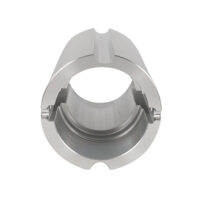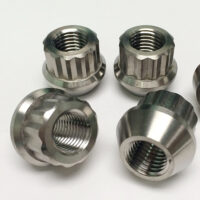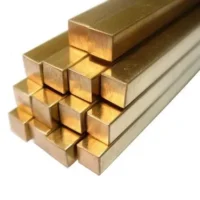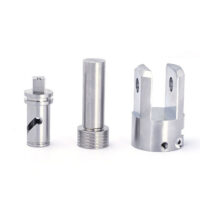die casting materials
We provide custom die-casting services in a variety of materials, and we can choose the most suitable material according to the customer’s product use and design requirements. For example, if high temperature resistance or wear resistance is required, different materials can be selected.

Odlewanie ciśnieniowe aluminium
Due to the characteristics of aluminum, it is currently the most commonly used die-casting material and can be widely used in various industries. Almost all die-casting parts can be completed with aluminum.

Aluminum Alloy Die Casting
Sometimes when pure aluminum cannot meet the production requirements, other metal raw materials are usually added to the aluminum to enhance the stability or hardness of the aluminum, etc. These aluminum materials added with metal raw materials are collectively called aluminum alloys.

Odlewanie ciśnieniowe ze stopu cynku
Zinc alloy is a metal with zinc as raw material and other components such as copper, aluminum, magnesium, etc. It has good corrosion resistance and mechanical properties.

Odlewanie ciśnieniowe mosiądzu
Brass die casting material is an alloy material containing copper and zinc, usually composed of 60-90% copper and 10-40% zinc. It generally has good processability, high corrosion resistance and good electrical conductivity. Because of its good castability and formability, it can be used in a variety of applications, including some machine parts, pipes, joints, valves, nuts and bolts, etc.

Stainless Steel Castings
Stainless steel has the characteristics of corrosion resistance, high temperature resistance, high strength, and good processing performance. Common stainless steel die-casting materials include 316L stainless steel, 304 stainless steel, 410 stainless steel, and 17-4PH stainless steel. These materials are commonly used in the manufacture of components and components in automotive, medical equipment, molds, and more.
How to choose the material for die casting?
At MindWell, our commonly used die-casting materials include zinc alloy, aluminum alloy, magnesium alloy, copper alloy, etc., and can also be customized according to your needs. You can put forward your specific material requirements for custom parts, or you can consider the following aspects when choosing shi:
- Mechanical properties: including tensile strength, yield strength, hardness, toughness, etc. It is necessary to select the appropriate mechanical properties according to the actual use environment.
- Heat resistance: If it needs to be used in a high temperature environment, it is necessary to choose a high temperature resistant material.
- Corrosion resistance: If it needs to be used in a corrosive environment, it is necessary to choose a corrosion-resistant material.
- Processing performance: including heat treatment performance, casting performance, processing performance, etc.
- Cost: Different materials have different prices, and it is necessary to choose materials with appropriate costs according to the actual situation.
